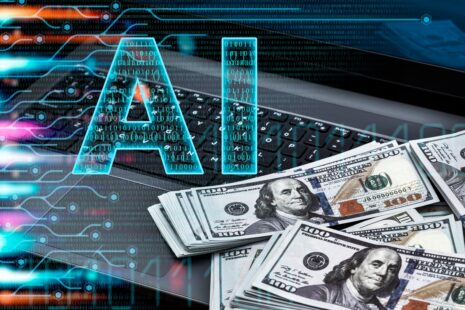Artificial Intelligence (AI) is widely used across industries, helping to automate tasks, enhance decision-making, and improve efficiency. AI comes in different types, each serving specific functions. This guide explores the most commonly used types of AI and their applications.
Machine Learning (ML)
- Definition – A subset of AI that enables systems to learn from data and improve over time without being explicitly programmed.
- Applications
- Fraud detection in banking and finance.
- Product recommendations (e.g., Amazon, Netflix).
- Predictive analytics in business decision-making.
Natural Language Processing (NLP)
- Definition – AI that allows machines to understand, interpret, and generate human language.
- Applications
- Virtual assistants (e.g., Siri, Google Assistant, Alexa).
- AI chatbots for customer service.
- Automated translation services (e.g., Google Translate).
Computer Vision
- Definition – AI that enables machines to interpret and analyze visual information from the world.
- Applications
- Facial recognition (e.g., security systems, smartphone unlocking).
- Medical imaging (e.g., AI-assisted diagnostics in healthcare).
- Self-driving car navigation.
Expert Systems
- Definition – AI that mimics human decision-making using predefined rules and knowledge bases.
- Applications
- Medical diagnosis assistance.
- Automated troubleshooting in IT and engineering.
- Smart legal advisory systems.
Robotics and Automation
- Definition – AI-driven robots and automated systems that perform repetitive or complex tasks.
- Applications
- Industrial manufacturing (e.g., robotic assembly lines).
- AI-powered warehouse management (e.g., Amazon robotics).
- Medical robots assist in surgeries.
Generative AI
- Definition – AI that creates new content, including text, images, and music, based on existing data.
- Applications
- AI-generated art (e.g., Midjourney, DALL·E).
- AI content writing (e.g., ChatGPT, Jasper AI).
- AI-assisted music composition.
AI is used in various forms to enhance industries ranging from healthcare to entertainment. Machine learning, natural language processing, computer vision, expert systems, robotics, and generative AI are among the most commonly used types. As AI technology advances, its applications will continue to expand, driving innovation and efficiency in multiple sectors.




